Studying autism genetics in special populations
The study of any genetic disorder benefits from including the many diverse human populations in our world, and autism should be no different, says geneticist Christopher Walsh.
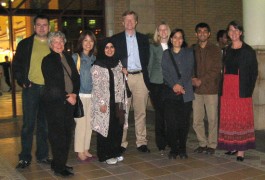
The study of any genetic disorder benefits from including the many diverse human populations in our world, and autism should be no different, says geneticist Christopher Walsh.
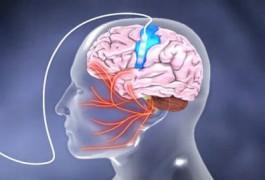
An ingenious new technique may allow small brain implants to release chemicals when and where they are needed, according to a study published 2 June in the Journal of Neural Engineering.

A new study shows that women with high-functioning autism appear better able to camouflage their symptoms, perhaps because they are more self-aware than men with the disorder.

Women with a mild version of primary ovarian insufficiency, a disorder that mimics the symptoms of menopause, should be tested for a mutation that can lead to fragile X syndrome, according to a study published 15 June in Human Reproduction.
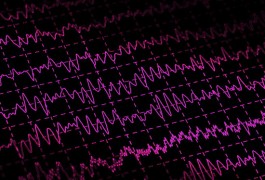
Roughly one-quarter of individuals with Dravet syndrome, a syndromic form of epilepsy that starts in infancy, also have autism, according to a study published 25 May in Epilepsy and Behavior.
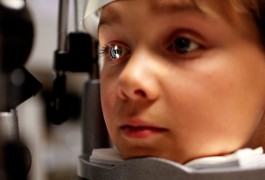
Several targeted trials on drugs that treat fragile X syndrome are under way. But accurate endpoints to measure the drugs’ effectiveness are crucial, argues developmental and behavioral pediatrician Randi Hagerman.

Developmental disorders increased by 17 percent between 1997 and 2008 in the U.S, according to a report published 6 June. Is this cause for alarm, or a sign that we are at last assessing the true rate for these disorders?
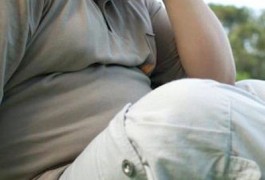
Deletions on a segment of chromosome 11 are associated with autism, attention problems and obesity, according to a study published in the June issue of the American Journal of Medical Genetics Part A.
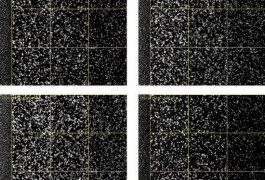
What’s known about the genetics of autism supports the ‘snowflake’ hypothesis — that the molecular underpinnings of disease are essentially unique from individual to individual — says human geneticist Brett Abrahams.
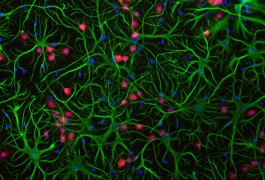
Harmful mutations in a gene that regulates the chemical environment outside of neurons are associated with both autism and epilepsy, according to a study published 31 March in Neurobiology of Disease.